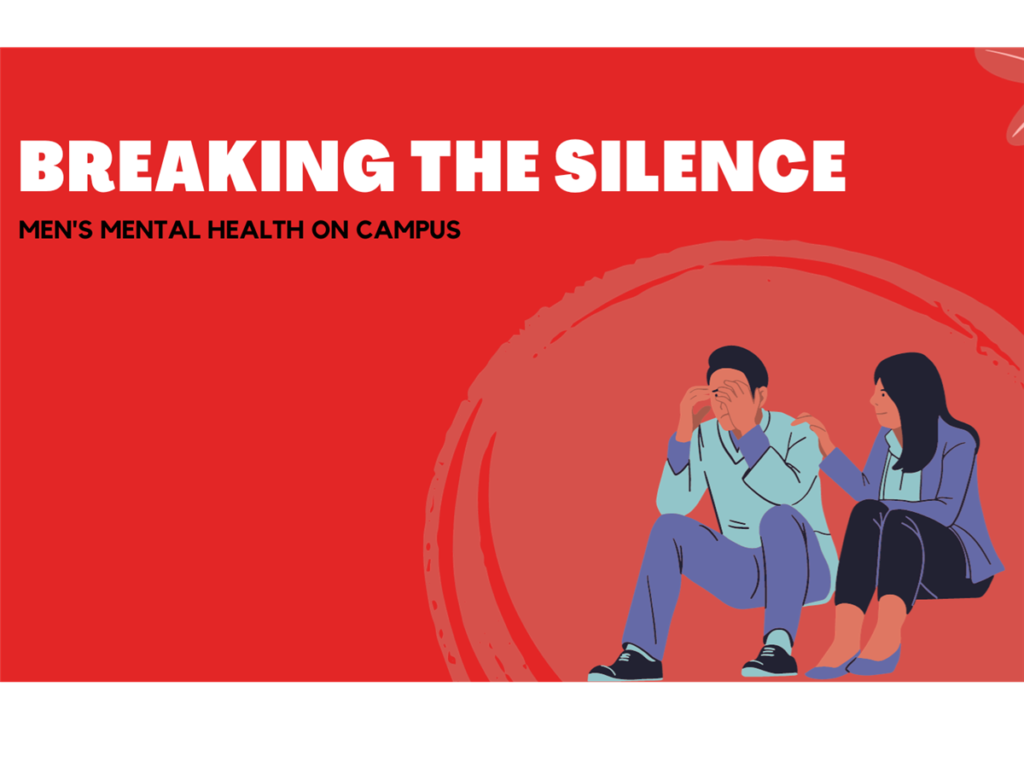Masculinity and Mental Health: Breaking the Silence
The Stigma of Mental Health in Masculinity
Mental health has long been a taboo topic, especially for men. Traditional notions of masculinity often emphasize emotional restraint and self-reliance. These ideals can create significant barriers for men seeking help for mental health issues. The stigma surrounding mental health can discourage men from expressing their struggles or seeking support, perpetuating a cycle of silence and isolation.

The Impact of Societal Expectations
Societal expectations around masculinity often dictate that men should be stoic and strong. Men are frequently encouraged to hide their emotions and deal with problems independently. These expectations can lead to a reluctance to discuss mental health concerns openly. The fear of being perceived as weak or vulnerable can prevent men from acknowledging their struggles or seeking professional help.
The Consequences of Silence
The consequences of this silence can be severe. Men who feel unable to discuss their mental health issues may experience increased stress, anxiety, and depression. The lack of emotional support can exacerbate these conditions, leading to further isolation. In extreme cases, unresolved mental health issues can contribute to substance abuse, relationship problems, and even suicidal thoughts. Breaking the silence is crucial for addressing these challenges and improving overall well-being.
Changing the Narrative
Changing the narrative around masculinity and mental health involves challenging traditional stereotypes. Men need to be encouraged to view emotional expression and seeking help as signs of strength, not weakness. By promoting a more inclusive understanding of masculinity, society can create an environment where men feel more comfortable discussing their mental health. This shift can help reduce stigma and encourage more men to seek the support they need.
The Role of Education and Awareness
Education and awareness are key to breaking the silence on mental health. Programs that address mental health issues and challenge stereotypes can help men understand that seeking help is a positive and courageous step. Raising awareness about mental health resources and providing information on coping strategies can also empower men to take action. Education can foster a more supportive environment and encourage open discussions about mental health.
Supportive Communities and Resources
Building supportive communities is essential for addressing mental health issues among men. Support groups, counseling services, and online forums can provide spaces for men to share their experiences and seek guidance. These communities offer a sense of belonging and reduce feelings of isolation. Access to mental health resources and professional support can also play a significant role in helping men manage their mental health effectively.
Media Representation and Positive Role Models
Media representation can influence perceptions of masculinity and mental health. Positive portrayals of men who openly discuss their mental health struggles and seek help can challenge traditional stereotypes. By showcasing diverse and realistic examples of masculinity, media can help normalize conversations about mental health. Role models who advocate for mental health awareness can inspire other men to follow suit and break the silence.
The Path Forward
The path forward involves continued efforts to challenge outdated norms and promote a more inclusive understanding of masculinity. By encouraging open discussions about mental health and providing supportive resources, society can help men navigate their mental health challenges more effectively. Breaking the silence is crucial for improving mental well-being and creating a healthier, more supportive environment for all.
Conclusion
Addressing the intersection of masculinity and mental health requires breaking the silence and challenging traditional stereotypes. Men must be encouraged to view emotional expression and seeking help as signs of strength. Through education, supportive communities, and positive media representation, society can create an environment where men feel comfortable discussing their mental health. By doing so, we can improve overall well-being and support a more inclusive understanding of masculinity.



